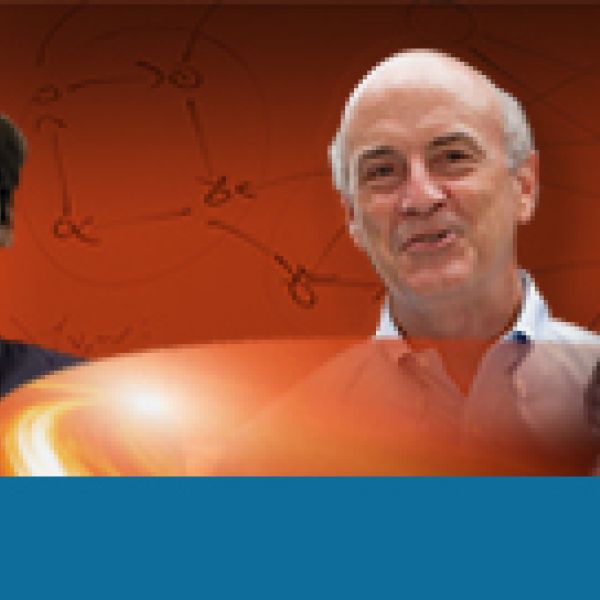Your world is a web of vast, complex networks. Learn for free how social networks, economics and technology interweave in your life from three world-renowned Cornell University researchers. Registration is now open for the MOOC Networks, Crowds and Markets beginning February 16 on edX.org. This course is based on an interdisciplinary Cornell University course entitled Networks, taught by professors David Easley, Jon Kleinberg and Eva Tardos.
“Topics in this course include: how opinions, fads, and political movements spread through society; the robustness and fragility of food webs and financial markets; and the technology, economics, and politics of web information and online communities,” notes Professor Tardos.
This course was also the basis of the popular book, Networks, Crowds, and Markets: Reasoning About a Highly Connected World. The course is designed at the introductory undergraduate level without formal prerequisites. Participants can take the course by pursuing a verified certificate (small fee) or by auditing the course (free). The course is 10 weeks long and estimated time per week spent on the course should be 4-5 hours.
A student who took the MOOC in 2014 says, “Highly recommended for detailed learning on Networks, relevant to today’s highly connected world. Challenging math taught in a concrete way that kept me interested for the full 10 weeks.”
Networks is one of most popular undergraduate courses at Cornell with over 500 students taking it each year. The professors were pleased to be able to offer this valuable course content in an online medium to participants from across the globe. EdX offers interactive classes and MOOCs from the world’s best universities and is a not-for-profit higher education online initiative.
“This course offers ways to think about the interconnectedness of modern life through an exploration of the networks that pervade the social, economic, and technological worlds. Our aim is to help participants gain an understanding of the network effects all around them,” said Professor Kleinberg.



